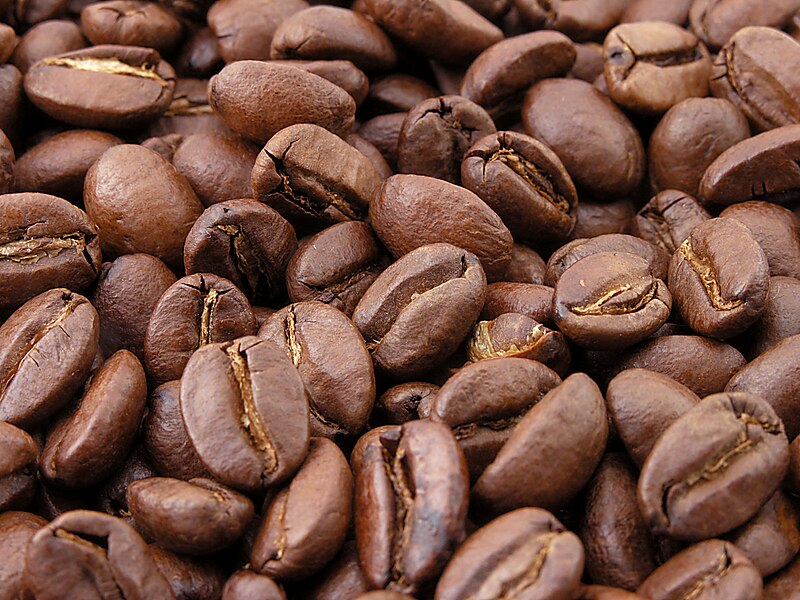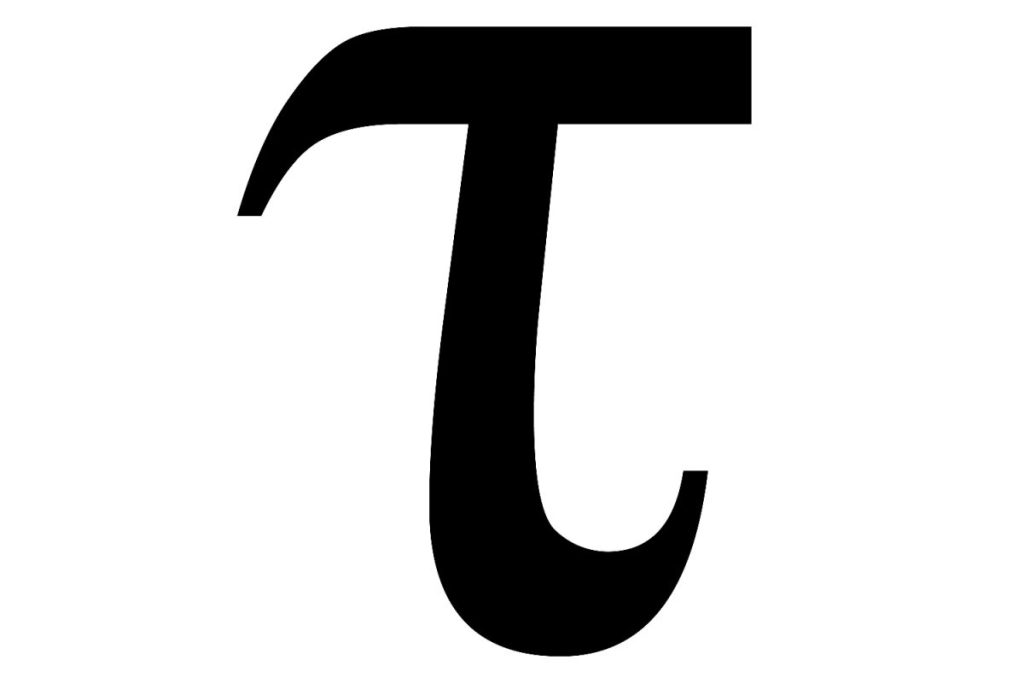I know posting this sucks but the more you know. Better to know than not know.
I’m sure I’ve missed it, but what exactly have they considered as “high coffee consumption”? Some of their findings show some level of coffee consumption can be beneficial, or inconclusive. Which is usually why most of these studies can be summed up with… just don’t overdo it.
High coffee consumption was defined as ≥4 cups per day in most original studies. Seventeen studies used a definition of ≥6 cups per day. Low/no coffee consumption was defined as <1 cup per day in most original studies. Fifteen studies used a definition of <2 cups per day. Four studies used a definition of never drinking.
<1 not to be confused with 0.
I shall make a point of continuing to consume coffee at or close to sea level.
I think I may just go with genetically unpredictable coffee drinking.
It’s the only way to be sure.
The study included decaf coffee when counting cups of coffee. But how does that saying go? Correlation doesn’t equal causation?
but associated with a decreased risk of small vessel ischemic stroke
So I got that going for me…
Studies show that drinking non-ethically sourced coffee makes you smarter than drinking ethically-sourced coffee.







